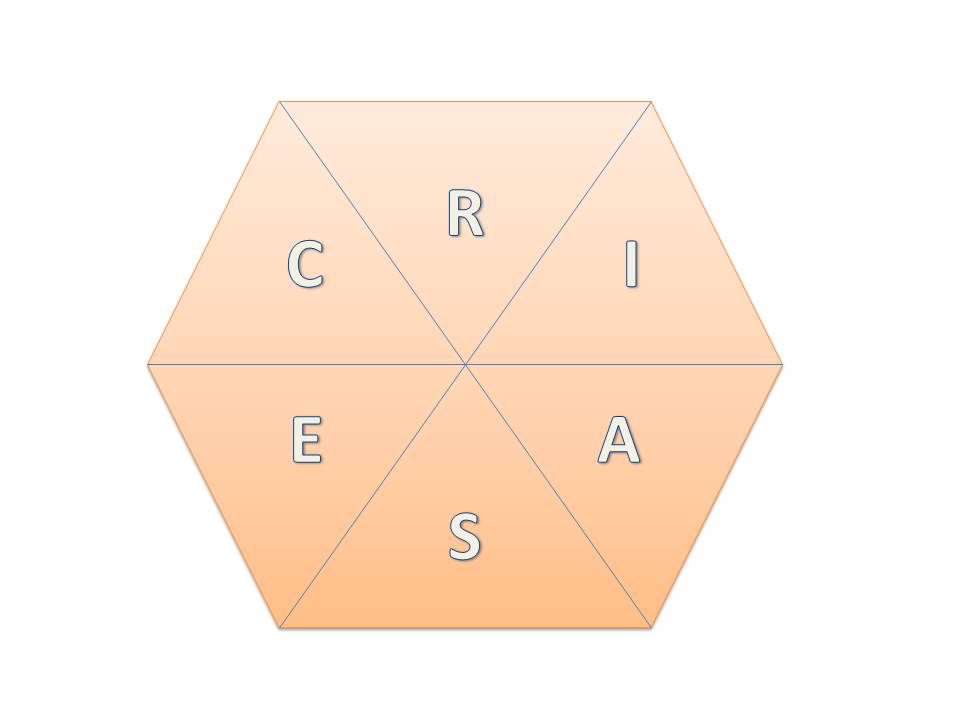The Holland Code (RIASEC) assessment test was originally developed by John Holland. It tells you what types of careers are ideal for you based on your interests.
When it comes to choosing a career, taking into account your interests can have a significant impact on your job satisfaction levels.
Of course, things such as the general work environment, co-workers, and reward structures matter too, but, in my view, interests (often shaped by needs) come first.
This test is based on the theory that work environments and people can be broadly classified into six groups. Each letter in the acronym RIASEC stands for one of these groups.
RIASEC stands for Realistic, Investigative, Artistic, Social, Enterprising, and Conventional. This interests-based career assessment test will tell you where you lie on each of these scales.
This test reveals which of these six RIASEC domains are your strongest areas and suggests career choices based on the same.
When you’re done with the test, you’ll obtain your three-letter Holland Code that you can use to get very specific career recommendations based on the combination of your strongest domains.

Taking the RIASEC test
The test consists of 48 items, each describing an activity. You have to answer based on how much you’d enjoy doing these activities on a 5-point scale ranging from ‘Dislike’ to ‘Enjoy’.
You don’t necessarily need to have done each of these activities, and don’t worry if you don’t have the relevant qualifications. Just ask yourself what your enjoyment level is likely to be if you were asked to do these activities.
Your personal information will not be collected, and your results will not be stored in our database. The test takes around 5 minutes to complete.
Reference:
Liao, H. Y., Armstrong, P. I., & Rounds, J. (2008). Development and initial validation of public domain Basic Interest Markers. Journal of Vocational Behavior, 73(1), 159-183.

